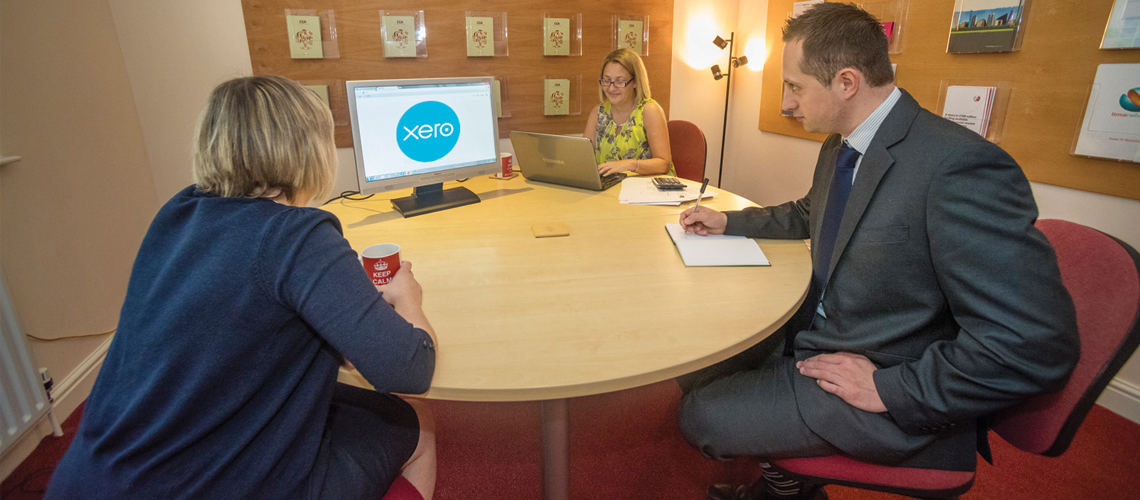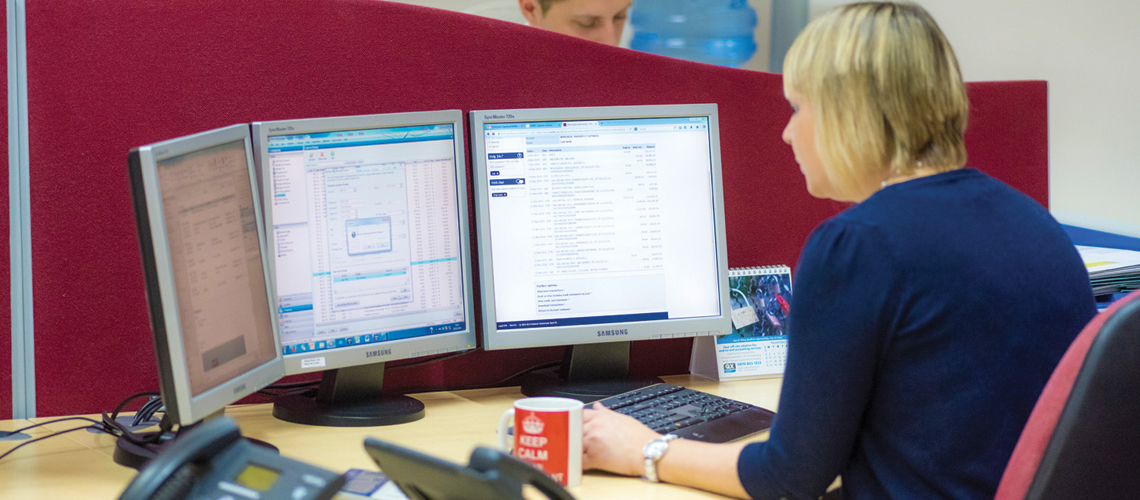We don’t know exactly when the Autumn Budget will be, as the Treasury hasn’t set a date.
The earliest it will happen is ‘mid to late November’, as this is when Mr Sunak asked the Office for Budget Responsibility (OBR) to publish an economic forecast – a prerequisite to holding a Budget. But this doesn’t mean the Budget will definitely take place in November.
Reports emerged in The Telegraph over the weekend that the statement could be delayed in the event of a large second wave. According to The Telegraph’s sources, a December date would be ‘unlikely’ due to time constraints in parliament, so it would likely be pushed into next year if it is delayed. This echoes reports in the Financial Times from August, which said a delay until spring 2021 could be a possibility, but with an autumn ‘mini spending review’ to tide us over.
Whether or not you agree with his decisions, Mr Sunak is under huge pressure to deliver bold policies to help the nation through the coronavirus pandemic, so what’s next?
At the moment, nothing is confirmed. But there’s a lot of speculation about what the Chancellor could, and should, do when he next steps up to the dispatch box. There’s much speculation over how Mr Sunak will hold back a wave of redundancies that could come after the end of the furlough scheme on 31 October. However, it’s now clear a Budget won’t come before that date.
What will the Autumn Budget include? It’s all speculation at this stage, but that doesn’t mean there won’t end up being truth to at least some of the following rumours.
Boris Johnson and Rishi Sunak have prepared Conservative MPs for tax rises to fund the coronavirus response, with the Prime Minister warning: “It’s about to get tougher.”
The Chancellor claimed there would not be a “horror show of tax rises with no end in sight” but both he and Mr Johnson made clear there would be some increases for taxpayers to fund the coronavirus bailout.
There have also been reports that the Chancellor is considering options including corporation and capital gains tax increases, or cuts to pension tax relief and aid spending
Living Wage U-turn Ministers and officials are considering putting an ‘emergency brake’ on the already announced increase in the National Living Wage due to concerns the pandemic has made it unaffordable, according to The Telegraph.
After borrowing and spending billions on the COVID-19 response so far, the Chancellor is reportedly considering different ways he could earn back funds for the Treasury.
The Sun reports that Mr Sunak is considering increasing Class 4 National Insurance – paid by the self-employed – from 9% to 12%, which could add £200 to the average self-employed tax bill. This would bring self-employed National Insurance contributions in line with those paid by employees. He hinted at a move like this when he announced the self-employed support scheme in March. He said: ‘If we all want to benefit equally from state support, we must all pay in equally in future.
As well as increases to NICs, there are rumours that Income Tax bands may also be reviewed in the Autumn Budget based on HMRC’s calculations. In May, HMRC’s official statistics relating to the “Direct effects of illustrative tax changes” shared details on how a 1% increase in the basic rate of Income Tax from 20% to 21% could raise £4.7bn in 2020-21, while increasing the higher rate from 40% to 41% could raise £1bn.
There are also rumours of changes to Corporation Tax to help balance the public finances. Corporation Tax could be increased from 19% to 24% – the global average tax rate for business – which would raise £12bn next year, according to The Sunday Times.
To help fund other recovery plans during this financially turbulent time, tax changes on pensions are expected to be announced. The triple lock on state pensions, which guarantees they rise at least as much as wages or inflation, could be suspended. Mr Sunak is said to be considering making a cut to pension tax relief, potentially changing this to a flat rate for all taxpayers, rather than at 20% or 40% for higher earners. There are reports that the Chancellor is also considering simplifying Inheritance Tax rules to further help raise funds to support the UK’s economic recovery.
Changes to the way Capital Gains Tax works has also been anticipated, with the Chancellor considering reforming CGT so it is paid at the same rate as Income Tax.
There have also been reports that tax breaks for businesses are being considered alongside these proposals. Mr Sunak dubbed his summer fiscal statement his ‘Plan for Jobs’. It included schemes to entice employers into bringing employees back from furlough and into creating new jobs for young people, but that hasn’t put a stop to fears that unemployment could reach historic highs towards the end of the year.
Mr Sunak could offer alternative measures to keep people in work. In a recent speech to Conservative MPs, Boris Johnson hinted at a ‘new green industrial revolution for the UK’, which would create ‘hundreds of thousands of new green jobs’, The Guardian reports. He said announcements on this were due in the autumn, so it could well make its way into the Budget.
Although Mr Sunak resisted widespread calls to continue the Eat Out to Help Out scheme into September, it’s possible that he could announce another unconventional way to stimulate consumer spending. Especially as people may be less likely to continue their trips out to restaurants and high streets as the weather cools. There are so far no indications of what these measures could be, but another discount scheme, or more vouchers akin to the Green Homes Grant may be less of a surprise this time around.




















